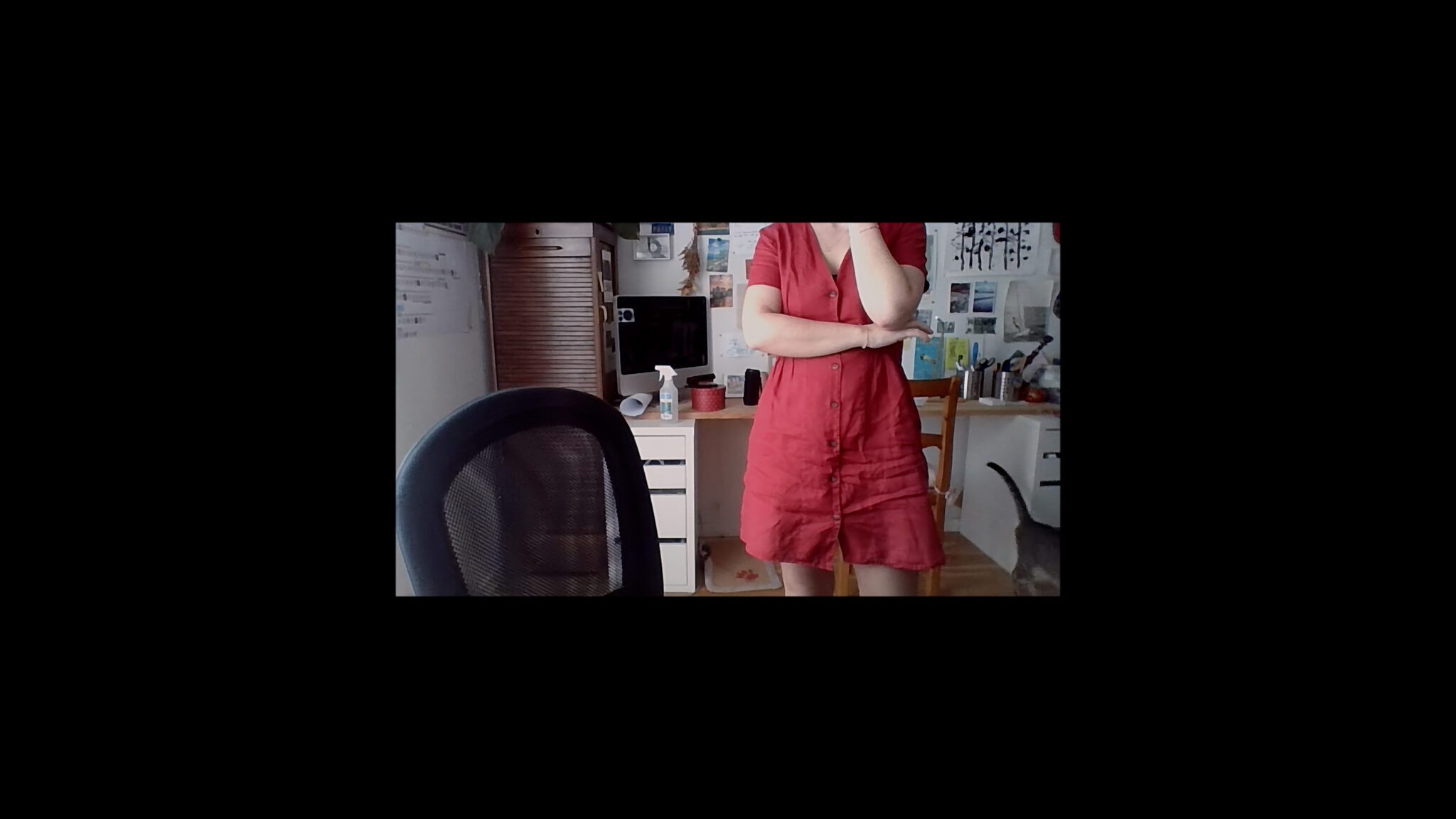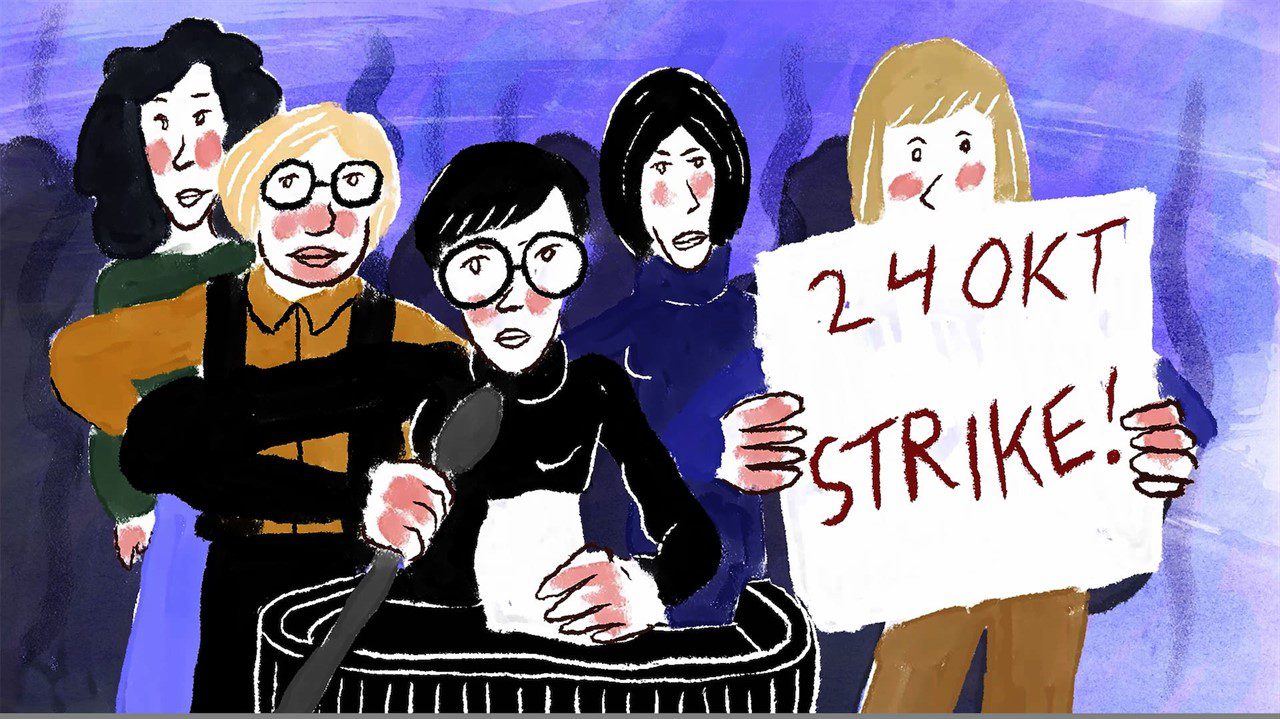Life is hard for those on the edge of society. It is often made harder by official indifference of authorities. It is even worse when the authorities feel free to take advantage of such people. Melina Le?n?s film Song Without a Name shows just how such injustice can take place.
Inspired by real events, the film is set in Peru in 1988. There is economic chaos with astronomical inflation. But for Georgina and Leo, an indigenous couple in the Andes, life is lived day to day. Leo is a traditional dancer, Geo sings traditional songs, and they get by selling potatoes on the street. Geo is pregnant, and when she hears a radio ad about a clinic that will provide free medical care for expectant mothers, she takes the long bus ride into Quito for an exam. When she goes into labor, she takes that long bus ride again, gives birth, and encouraged to sleep. When she wakes up, she?s told the baby is at the hospital, and forcibly ushered out of the clinic. When she returns the next day, the clinic is gone. It was part of an operation to provide black market babies for adoption abroad.
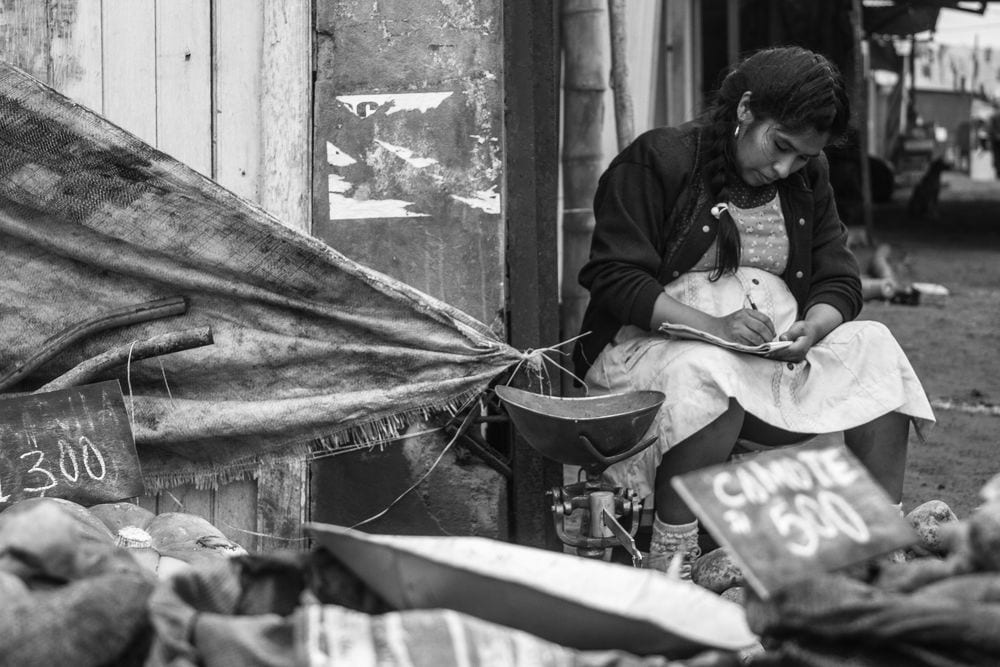
On her first visit to the clinic, there were children jumping rope in the courtyard. As the jumped they chanted, ?Single, married, widowed, or dead, divorced mother or not, you are worthless.? That rhyme reflects the official indifference that Geo encounter when they report the kidnapping to authorities. The police ask for her identity number, and when she doesn?t have one, she?s asked how they know who she really is. It seems to end any caring by the police, because to them she is a non-person.
It is only after she goes to a newspaper and finds a journalist willing to investigate that we discover that this is an ongoing concern that has official protection. But even when it is brought to light, there is likely nothing to be done about finding Geo?s daughter.
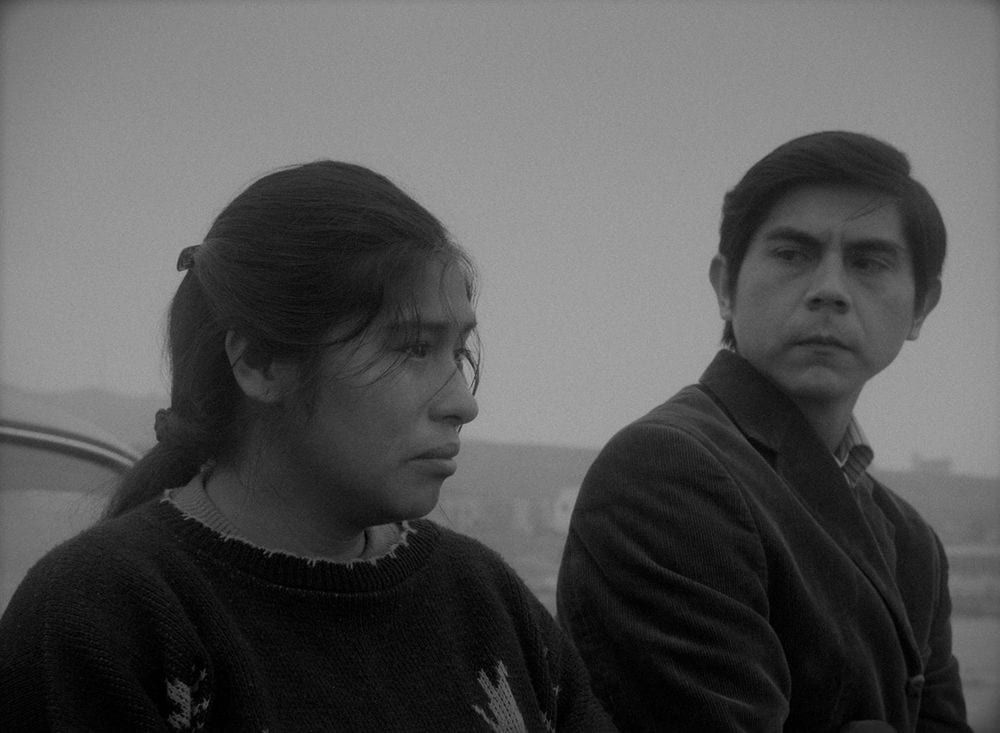
The film is an interesting mix of this story, and a look at the life of indigenous people such as Leo and Geo. The film begins with Leo and others dedicating his new dance clothes, and a celebration of dance and song. Those folkloric interludes show the richness of life that they share in, even if their everyday life may seem a struggle. For those who treat them as ?worthless?, these scenes are a statement of the great value they actually have.
The songs are also very much tied into the grief and pain that Geo is going through. Lyrics include, ?Time is the longest distance between two places?, ?I don?t want to die alone far away?, and ?Express bus, where are you taking me?. These all reflect Geo?s emotional turmoil. The height of this is when we hear her sing a lullaby to her absent daughter. The emptiness she feels is palpable.
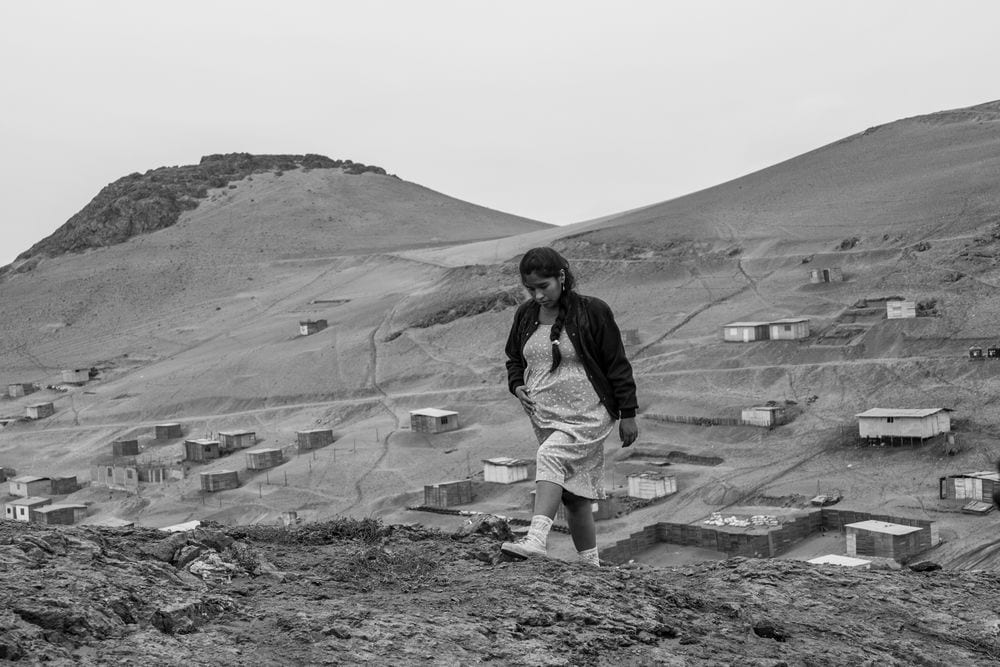
The cinematography of the film (which is done in Black and White with a 4:3 aspect ratio) places us in a world with steep landscapes. Geo and Leo navigate those difficult ascents and descents day by day. Their life is a constant uphill climb. Theirs is a precarious life. But others have their own uphill battles, as we see in a subplot involving the journalist as he enters into a relationship with an actor in his apartment building. Being gay also puts him on the edge of society, even though he has a respected professional position.
I first saw this last year at AFIFest. It?s interesting that when I recently watched it again, I made almost as many notes as I did with the first viewing?and mostly about other things I was noticing. That speaks to the abundance this film provides at a variety of levels. It is a blend of ?emotional, spiritual, visual, and aural components that invites us to consider the lives of those we may see, but not truly see.
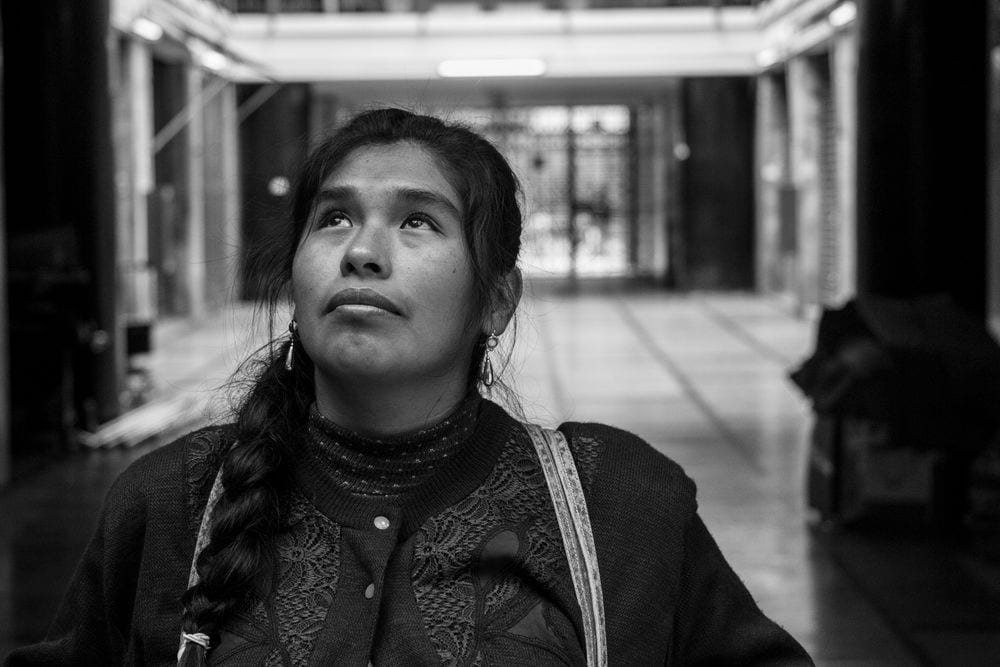
Song Without a Name is available on Virtual Cinema through local arthouses.
Photos courtesy of Film Movement.

